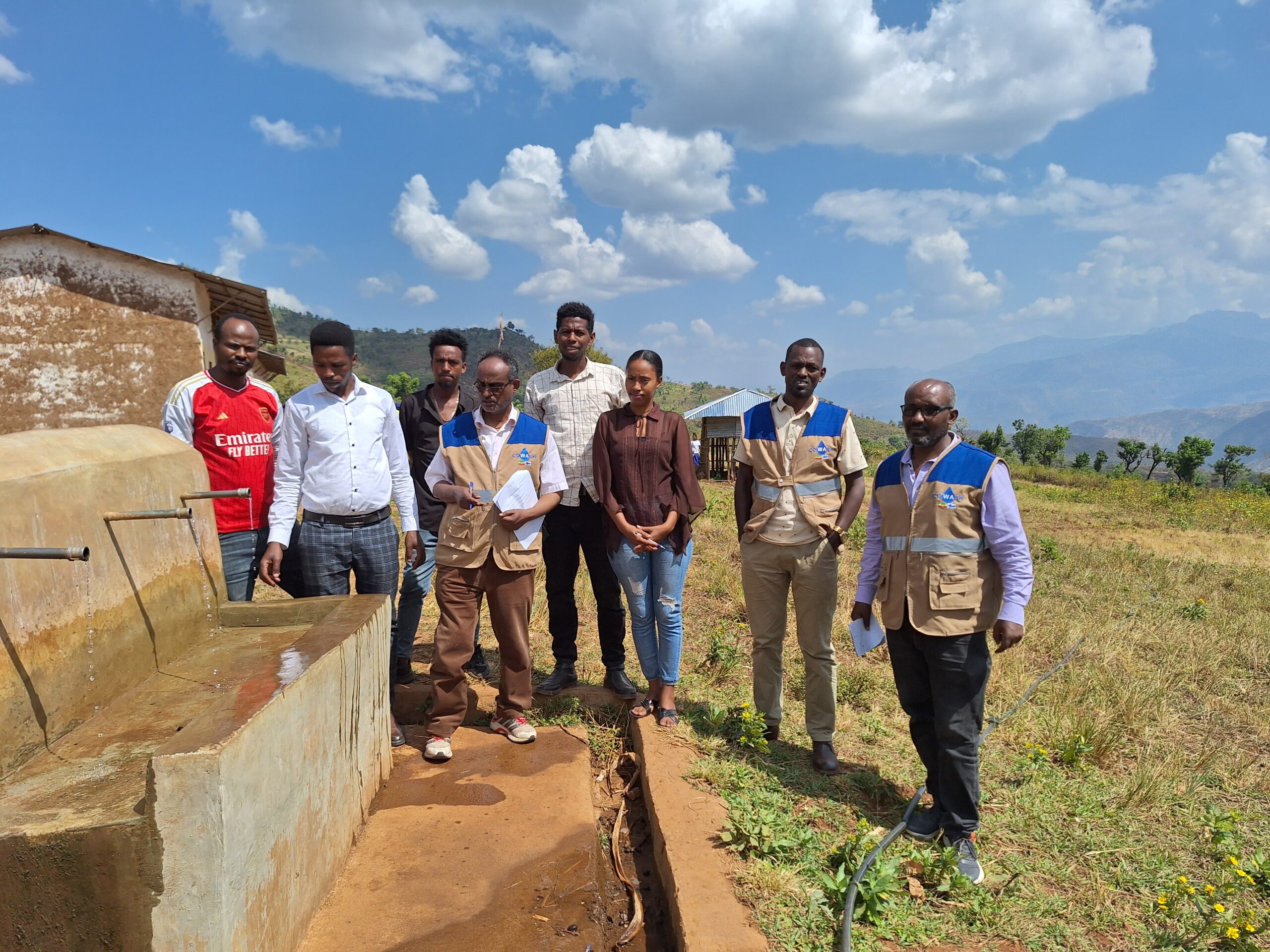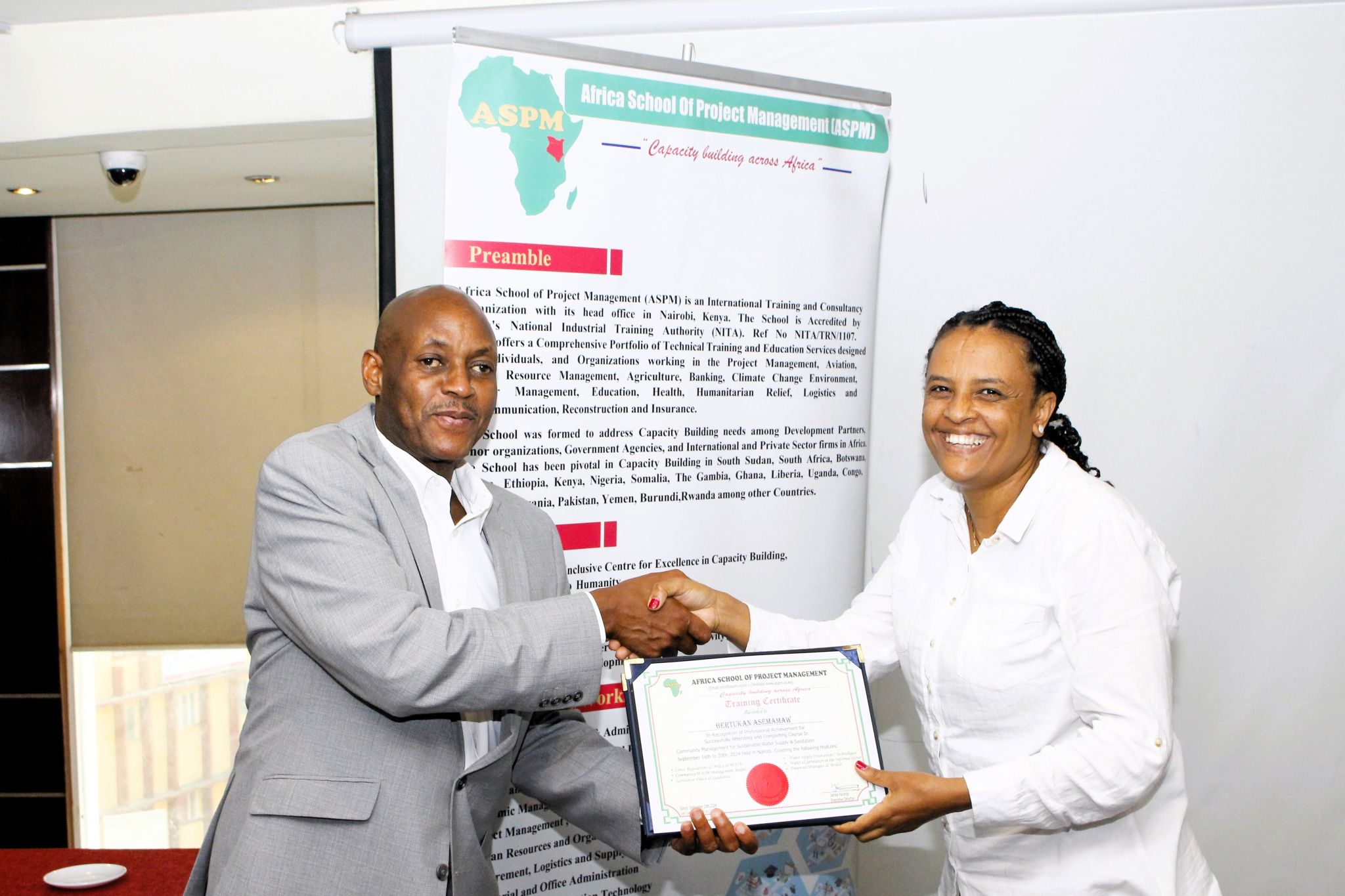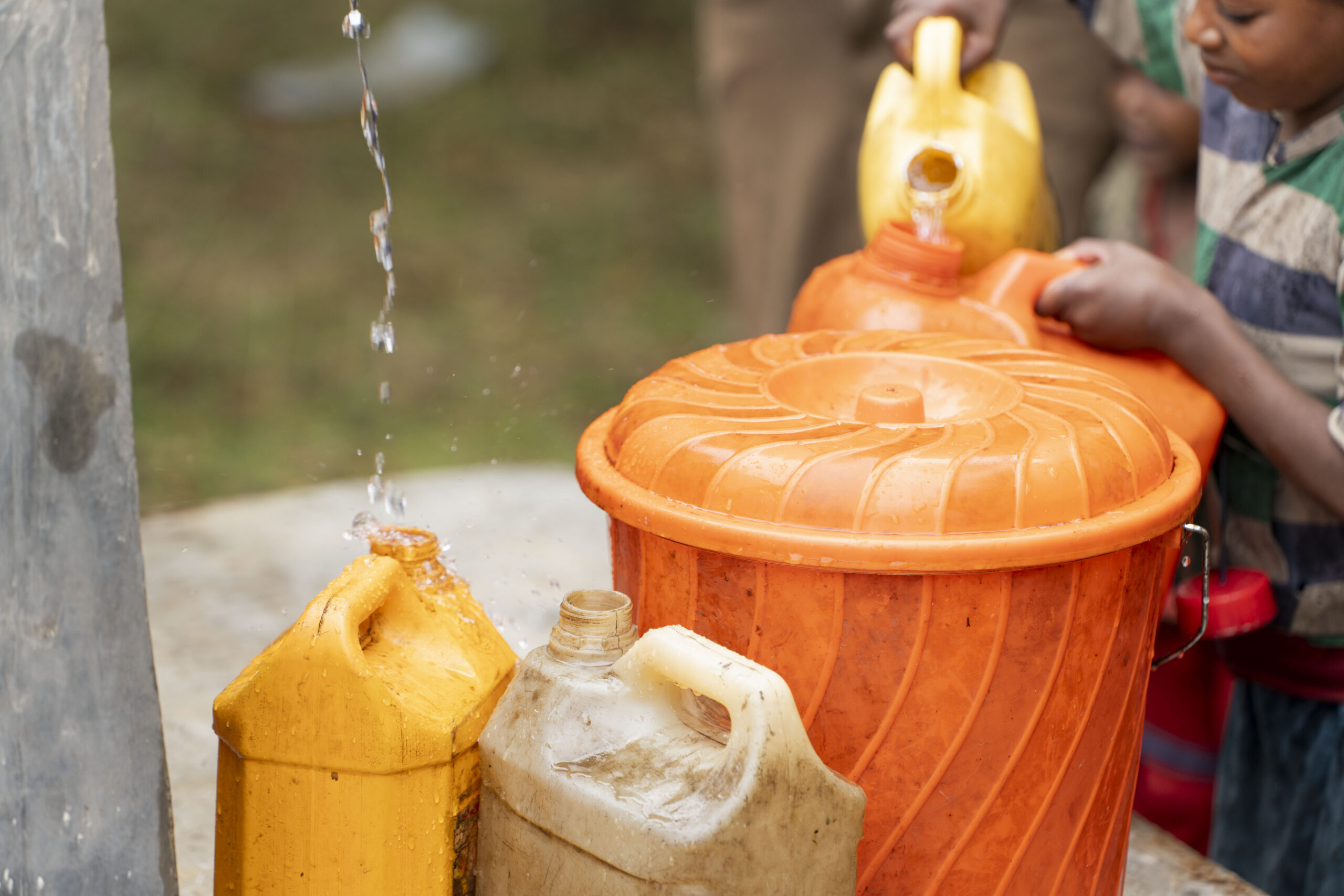News
COWASH IV Empowers Local Communities with WASH Training
29 January 2025
COWASH IV Concludes Overseas Training Program for Staff
31 December 2024
COWASH IV: Restoring Sanitation Product Supply Chains in Tigray
30 December 2024
COWASH IV in Benishangul Gumuz and Tigray
15 December 2024
The power of inclusion: Bogalech’s Story
14 December 2024
A High-Level Delegation Visits COWASH IV’s Work in Sidama
13 December 2024
World Toilet Day Blog – COWASH – SUSWA
20 November 2024






